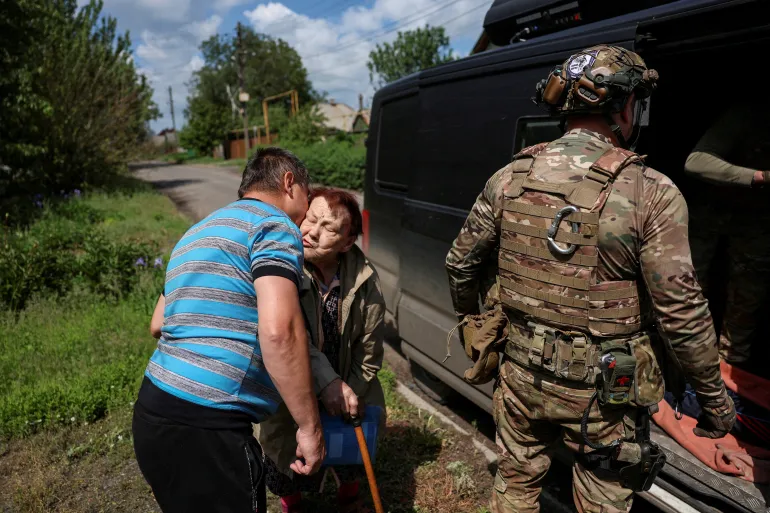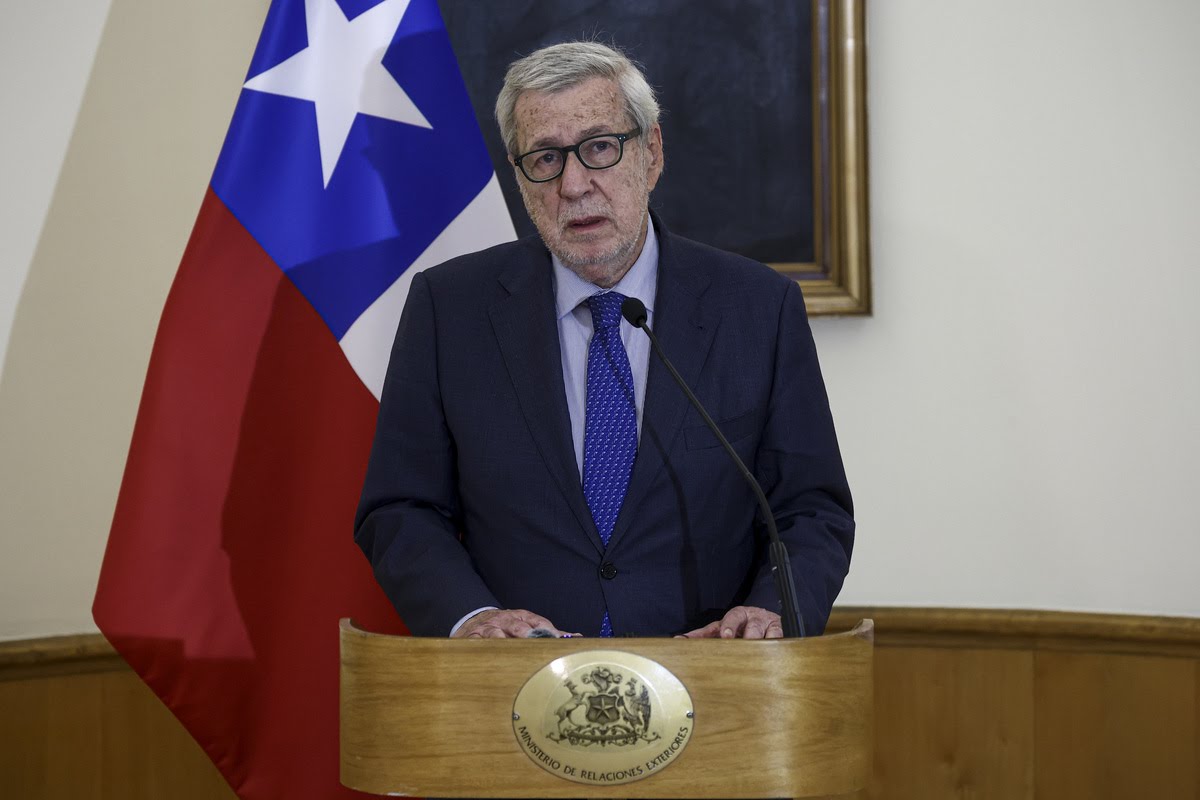Direct peace negotiations between Russia and Ukraine have taken a troubling turn after Russian officials reportedly mocked their Ukrainian counterparts during the latest round of talks, raising doubts about Moscow’s seriousness and fuelling concerns that the Kremlin is negotiating in bad faith.
According to diplomatic sources who spoke to Al Jazeera on condition of anonymity, the tense atmosphere during the discussions—held this week in Istanbul—was marked by sarcasm, dismissive gestures, and condescending remarks from the Russian delegation. Ukrainian officials described the tone as “openly derisive,” further eroding what little trust remained in the negotiation process.
“They came not to talk peace, but to humiliate,” one Ukrainian negotiator said. “They turned the talks into theatre, ridiculing our proposals and questioning Ukraine’s legitimacy as a sovereign state.”
While Russia has not formally responded to the allegations of mockery, its lead negotiator publicly stated that Ukraine “lacks the maturity to make serious peace,” a remark that Kyiv and its allies have condemned as provocative and unconstructive.
The latest talks were meant to explore the possibility of a ceasefire or limited humanitarian arrangements, following continued fighting in eastern Ukraine and Russia’s intensified missile strikes on critical infrastructure. However, Ukrainian officials now fear the Kremlin is using the talks as a stalling tactic to regroup militarily and divide international support for Kyiv.
Ukrainian President Volodymyr Zelenskyy, in a national address, warned that Russia’s behavior at the negotiating table proves its intent is not peace, but domination. “They mock diplomacy as they mock human life,” Zelenskyy said. “We will not be fooled by their games.”
Western allies of Ukraine, including the United States, Germany, and the United Kingdom, echoed Kyiv’s concerns. U.S. Secretary of State Antony Blinken said Washington is “monitoring the talks closely” but emphasized that “Russia must demonstrate genuine willingness to end its aggression—not prolong it through deception.”
Meanwhile, Russian state media portrayed the talks as a failure due to Ukraine’s supposed “unrealistic demands,” including a full withdrawal of Russian troops and reparations for war damages. Analysts say the Kremlin’s current rhetoric is aimed at projecting strength to domestic audiences and sowing division among NATO allies over how to engage with Moscow.
“There’s clearly a mismatch between what Russia is saying publicly and how they’re behaving behind closed doors,” said Orysia Lutsevych, a Ukraine expert at Chatham House. “This pattern of alternating provocation and diplomacy is classic Kremlin strategy.”
Adding to the tension, satellite imagery and intelligence leaks suggest that Russian forces are repositioning artillery and drones along the Donbas front—despite promises to de-escalate. Ukrainian officials believe this is further evidence that Russia is using negotiations to distract from its military build-up.
Calls are now growing in Kyiv and across Europe for a reassessment of the peace process and stronger conditions for continued engagement. Some officials have proposed halting the talks entirely unless Russia ceases hostilities and shows tangible signs of compromise.
For now, Ukraine has not withdrawn from the talks, hoping that international pressure can still compel Moscow to take a more constructive role. However, the prospect of meaningful progress appears increasingly remote.
As one Western diplomat put it, “It’s hard to negotiate peace with someone who doesn’t believe you have the right to exist.”
Source: Al Jazeera



